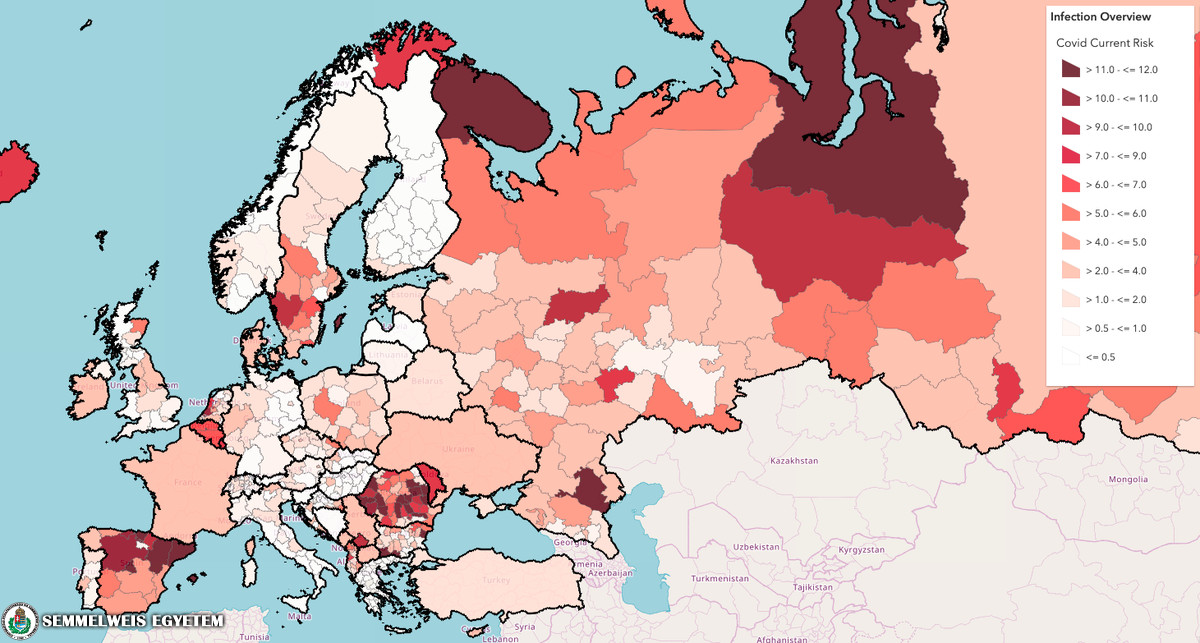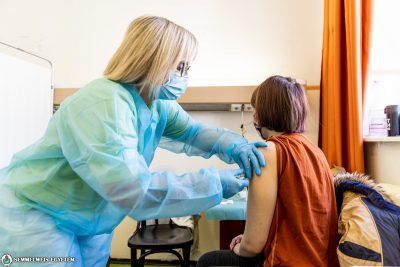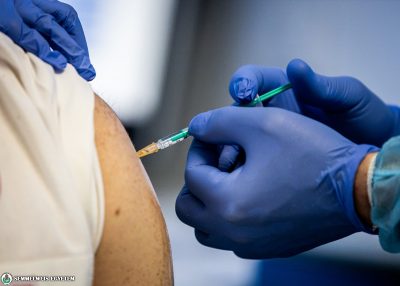In July, 44 percent of the registered infections were found in people under 40 in Hungary. Most of the cases were related to international travel.
With the elimination of institutional infection, the number of infected among those aged 60 or above decreased significantly in June and in July only 63 infections were registered in this age group. The proportion of the infected belonging to the most vulnerable age group is 17 percent, which is the lowest among all age groups. In contrast, the number of infections among people under 40 is constantly rising. According to Semmelweis University’s analysis based on national data, the more active age group accounted for 44 percent of all infections in July.
The course of the disease is milder in younger people, and although their bodies are also negatively affected by the virus, they are less likely to be hospitalized. Many of the infected had been abroad before they got ill or met relatives, friends or colleagues who had returned from a trip abroad. This is one of the main reasons why the virus is currently spreading among the more active age groups in Hungary.
Semmelweis University still does not recommend international travel. Those, who have urgent matters to settle abroad, are advised to follow the public data collected and processed at the European Commission’s Joint Research Centre, because there could be big differences between regions even in countries classified as low risk (green).
Visiting elderly relatives after travelling abroad requires careful consideration as the course of the disease is much more severe in their case.
As of 1st August, the regulations introduced in response to the coronavirus changed significantly. Those who return to Hungary from countries classified as medium (yellow) or high (red) risk by the chief medical officer based on current epidemiological data, must have a PCR screening done if they would like to be exempt from the necessary two-week-long home quarantine. Semmelweis University is a designated laboratory by the National Centre for Public Health, where the conditions for self-financing examinations are provided. At the same time, screening for employees of Semmelweis University is free. Healthcare workers at the departments of Semmelweis University and in other healthcare institutions all around Hungary are granted PCR testing free of charge. For epidemiological reasons, the number of screenings have to be increased among healthcare workers to prevent them from taking the infection to hospitals as asymptomatic carriers.
Remember that using face masks in enclosed areas and in larger crowds, as well as regular and thorough hand washing are still the most important measures to take in order to prevent the spread of the virus.
Eszter Kovács
Source of featured image: European Commission’s Joint Research Centre
Translsation: Ágnes Raubinek


